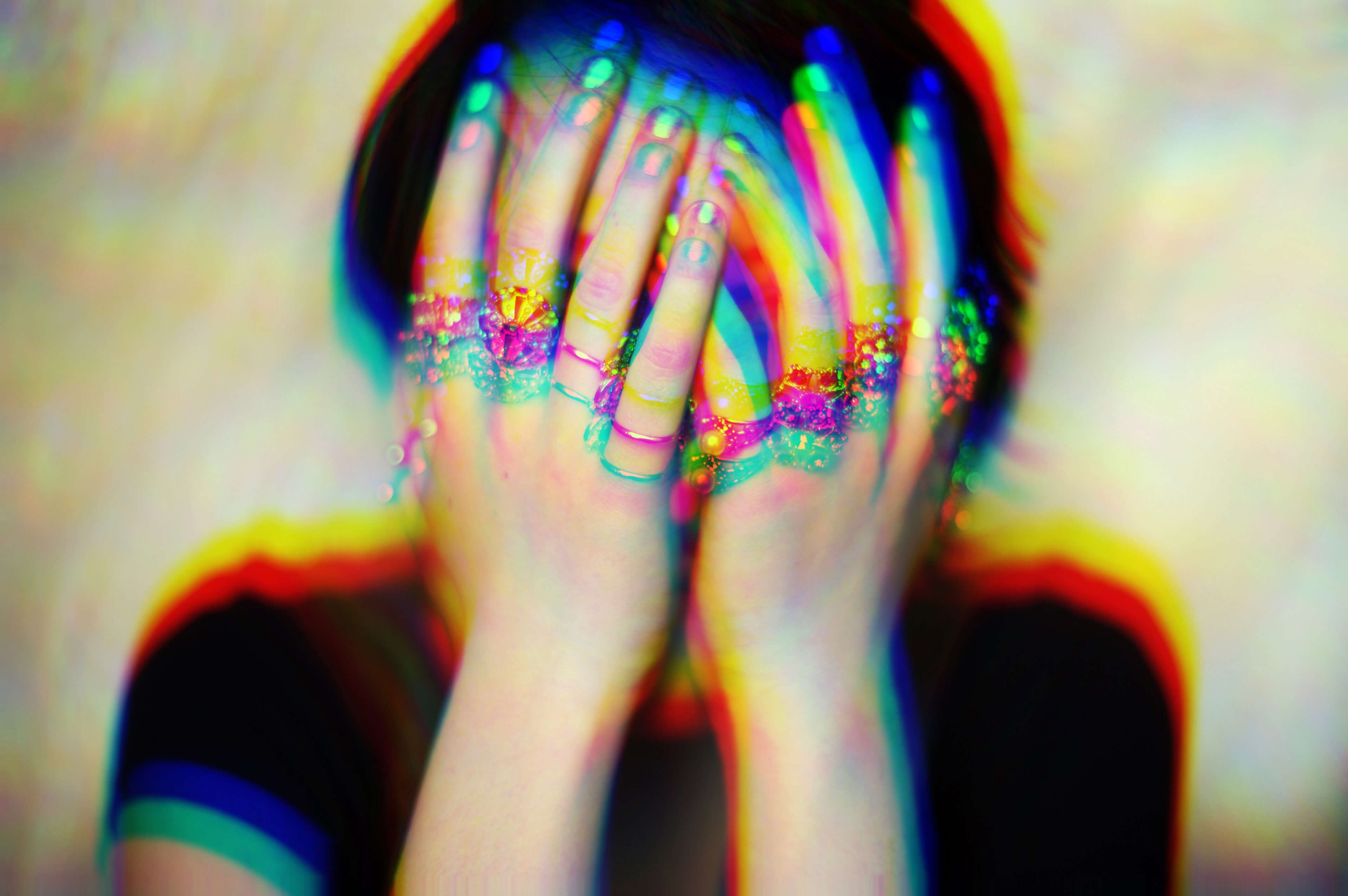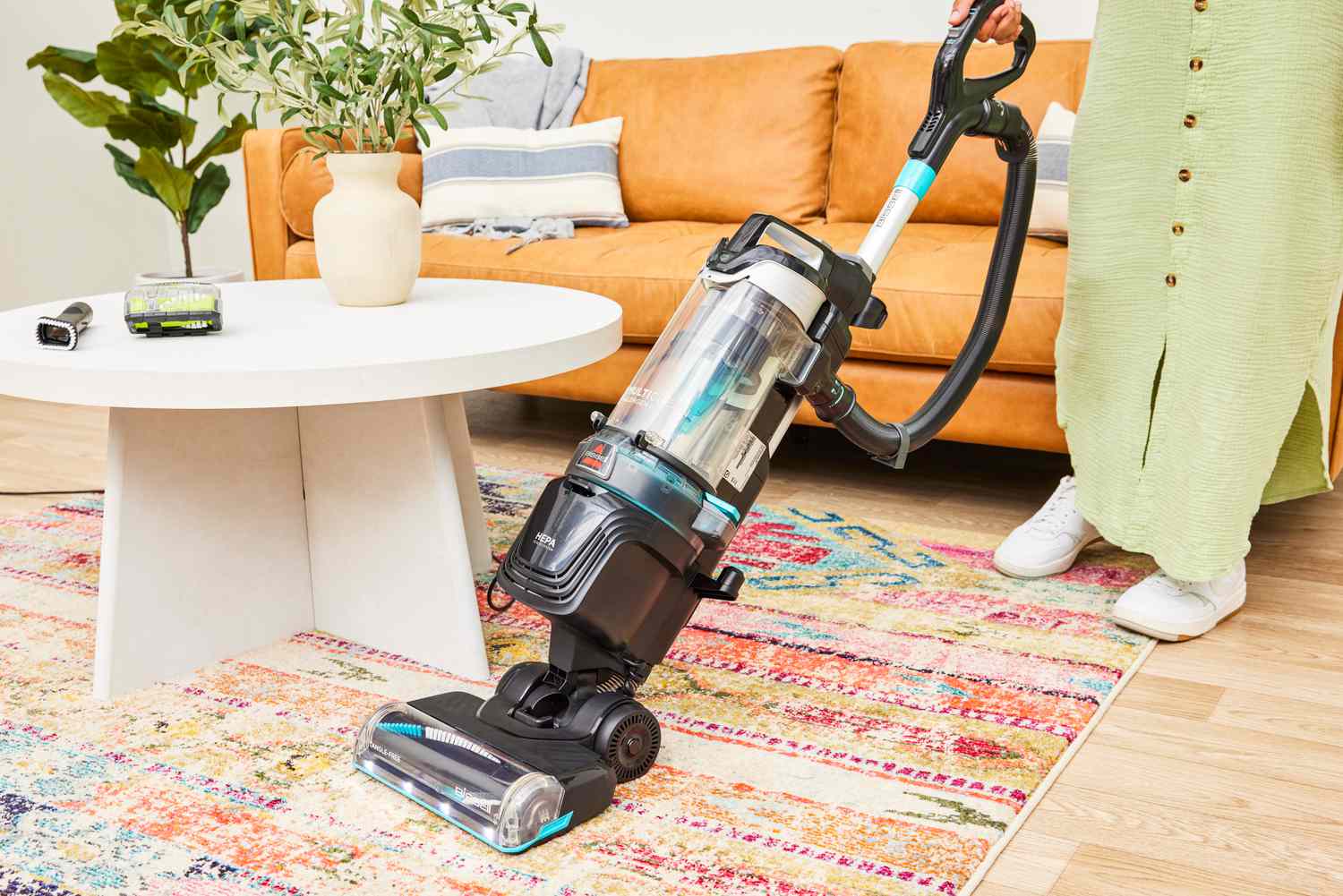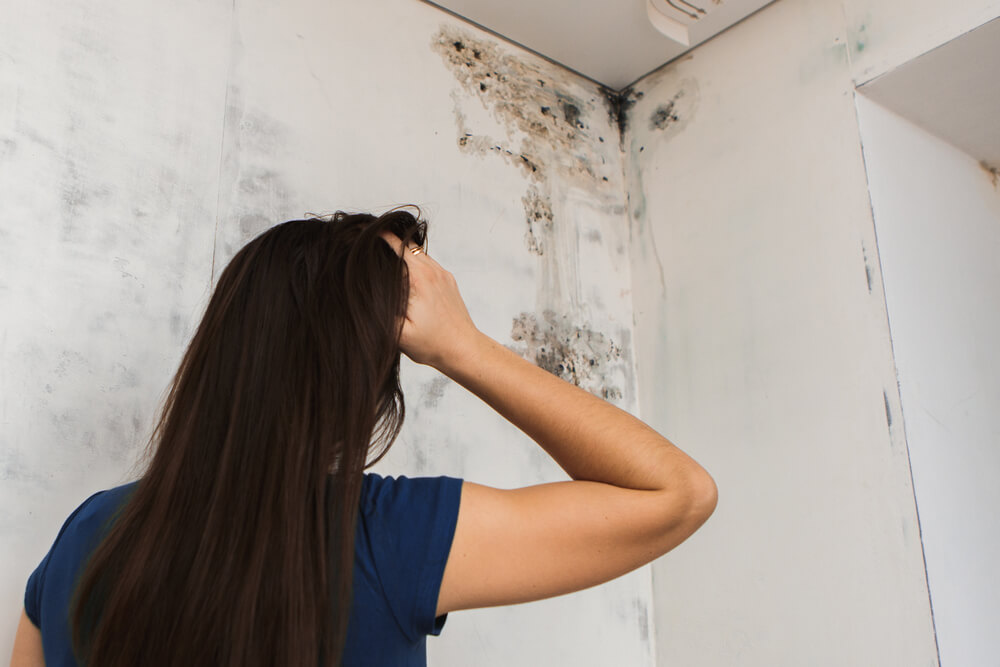In Health
Published 12/20/2025
11 Startling Causes of Panic Attacks
Anxiety disorders are the most common mental health condition in the United States. They affect 40 million adults each year. Among these, panic attacks can be some of the most frightening and intense.
Symptoms
Panic attacks come with a variety of symptoms. Being able to spot these symptoms as they arise is one of the best ways to manage panic attacks. These symptoms include:
- Feeling like your heart is racing
- Suddenly being dizzy
- Tingling in the feet and hands
- Chest pain
- Trouble breathing
- Feeling like you are having a “heart attack”
- A sudden and unexplained sense of fear, impending disaster, or death
Panic attack symptoms might appear like symptoms of other conditions. One of the keys to understanding them is that these symptoms are often “unexplainable.” That is to say, they have no known causes outside of the panic attack.
Complications
Panic attacks are intense and frightening for those that experience them. Because they can start seemingly out of the blue, they have some notable complications. These include:
- Avoiding social situations
- Problems at work or school
- Trouble with personal relationships
- Panic attacks can make other mental health conditions worse
- If left untreated for too long, they can lead to substance abuse
Causes of Panic Attacks
So, what causes panic attacks?…
1. Medical Complications

Medical conditions can trigger panic attacks in addition to their other effects. This can be very hard to predict since an individual’s personal response to a particular illness can complicate the relationship between medical conditions and panic attacks.
Why Medical Complications Increase the Risk of Panic Attacks
Panic attacks are a type of anxiety disorder. Any time a person experiences acute stress, it can set off a panic attack if they are predisposed to have them. Each individual reacts differently to their medical condition. Extreme medical problems, such as cancer, are known to trigger panic attacks.
Other Symptoms of Medical Complications
While any medical condition can, in theory, trigger a panic attack. The most notable ones to watch out for are:
- Cancer
- Chronic illness
- Severe diseases
2. Medications

Certain medications can trigger panic attacks. It may seem counterintuitive that the medications we take to cure one medical problem can cause another, but many of the prescriptions and over the counter medications we take have side effects. This includes panic attacks.
Why Medications Increase the Risk of Panic Attacks
Medications can cause panic attacks for a variety of reasons. Specifically, medications that have an impact on your mood have a chance of agitating people who are predisposed to panic attacks. Medications that have the side effect of making you feel anxious or depressed can also lead to panic attacks.
Medications That Interact With Panic Attacks
Medication changing moods can be a deeply personal side effect. These three medication have this as a known complication with their use:
- Some asthma medication
- Birth control pills
- Diet medication
3. Social Events

Social gatherings, whether they be large concerts or intimate parties, can trigger panic attacks. Unlike the previous two examples, this one is a psychological response to the pressures of social interaction. These social events can be uniquely triggering for people who suffer from panic attacks.
Why Social Events Increase the Risk of Panic Attacks
Social situations can cause a lot of anxiety. There are multiple different stressors going on durings parties and other social gatherings. The pressure to “fit in” with the crowd or concerns over safety are enough to cause anxiety problems in some people. Being alone in social settings is particularly stressful for some people.
It’s all of this added stress that can trigger a panic attack. Thankfully, social situations are easy to manage with the right coping mechanisms and understanding of panic attacks.
Types of Social Events
We’ve mentioned some social situations that can trigger a panic attack, but there are more to consider:
- Work meetings
- Weddings
- Significant dates such as anniversaries and birthdays
4. Confrontations

Arguments, confrontations, and tense interactions can all trigger panic attacks. These particular social situations are fairly common and are difficult for people who suffer from panic attacks. Thankfully, these situations can be managed with lower stress thanks to conflict resolution techniques.
Why Confrontations Increase the Risk of Panic Attacks
Confronting someone can be a tense and stressful situation under the best circumstances. For individuals who live with panic attacks, these situations can be triggering. Confrontation can also make someone feel powerless and as if life is out of their control. This also adds to the triggering potential of a confrontation.
Types of Confrontations
While some types of confrontations appear obvious, it’s important to note that “confrontation” can take on a lot of different meanings. Some broad types of confrontation include:
- Arguments with friends and romantic partners
- Family conflict
- Having to interact with customer service like when requesting a refund
- Interactions with police
5. Individual Triggers

Panic attacks are a very individual condition. What triggers one person’s panic attacks might have no effect on another person with the same condition. This makes handling chronic panic attacks a difficult talk. Knowing which triggers cause a person’s panic attacks is one of the first steps in treating this disorder.
Why Individual Triggers Increase the Risk of Panic Attacks
Our relationship to stress is complex. What is highly stressful for one person might be a fun hobby for another. Skydiving is the classic example of this. Some people might find it fun while others can barely stand the thought of it. Panic attacks can have triggers that operate like this.
One person might find a particular experience soothing, while for another it is a reminder of a stressful situation and can trigger a panic attack.
Types of Individual Triggers
These personal triggers can match up with just about any stimuli. It all depends on a person’s unique personal history. Here are a few of the more common examples:
- Sights
- Smells
- Locations
- Music
6. Money

As the old saying goes: money is the root of all evil. In our case, money can be the root of panic attacks. Our society has been structured to require money for all aspects of daily life. It is no wonder that many people find money issues significantly stressful.
Why Money Increases the Risk of Panic Attacks
Money is how most people acquire food, housing, and other life essentials. This makes personal finance a very common source of panic attack inducing stress. When money is tight, even the slightest expenditure can lead to serious financial worry. Money, personal finances, and employment are all tied together and leading causes of intense stress in America.
Types of Money Problems
Since money troubles are so central to our society, it is no wonder that there are so many specific fears people have over their finances. Here are a few of the most common panic attack inducing money problems:
- Poverty
- Debt
- Loss of work
- Business troubles
7. Caffeine

Caffeine is one of the most commonly used psychoactive drugs in the world. In fact, many people get by with a minor caffeine addiction. In addition to being the main stimulus in all of the world’s favorite drinks, caffeine can also cause panic attacks.
Why Caffeine Increases the Risk of Panic Attacks
Caffeine is a stimulant. It gets the heart racing and makes you feel more awake. Too much caffeine, however, can cause a panic attack in some individuals. If you’ve ever had too much caffeine you know it can give you the jitters, but having more than that can lead to a racing heart and anxiety. Those are also symptoms of a panic attack. This close link makes caffeine a potential trigger for individuals who live with panic attacks..
Common Sources of Caffeine
Caffeine is everywhere. You can even find caffeinated soap nowadays! However, caffeine is still most commonly found in beverages. These include:
- Coffee
- Tea
- Soda
- Some alcoholic mixed and canned drinks
8. Mental Outlook

Your mental outlook can cause panic attacks. It’s important to note that this doesn’t just mean a mental illness, but also one’s attitude to life more broadly.
Why Your Mental Outlook Increases the Risk of Panic Attacks
People who view the world negatively are at a higher risk for panic attacks. Being predisposed to see the world as “doomed” and “out of your control” are similar to the emotions felt by people having a panic attack. This similarity means that having a negative mental outlook can also trigger a panic attack.
Other Causes of a Negative Mental Outlook
Negative mental outlooks arise for a variety of reasons. These can include:
- Life experiences
- Trauma
- Medical and mental health conditions
9. Diet

Your diet plays one of the largest roles in your overall health. Having a poor diet can cause health problems all throughout a person’s life. These can also include an increased likelihood of panic attacks.
Why Diet Increases the Risk of Panic Attacks
There are two main reasons why a poor diet is linked to panic attacks. The first being that a poor diet lowers overall health and this increases stress. Higher stress levels can trigger a panic attack. The second is that low quality foods often lead to racing heartbeats, anxiety, and other symptoms of a panic attack. For individuals who experience panic attacks, this overlap of symptoms can be triggering.
Other Symptoms of a Poor Diet
There are plenty of other symptoms of a poor diet. These can include:
- Weight gain
- Poor heart health
- Trouble sleeping
- Feeling sluggish or tired
10. Stress

Stress is the classic trigger for panic attacks. Anxiety disorders, like panic attacks, are deeply linked into a person’s overall stress levels.
Why Stress Increases the Risk of Panic Attacks
Many of the causes in this list can be understood as forms of stress. It’s important to remember that the stress doesn’t have to be sudden or intense. Chronic stress can wear a person down and lead to panic attacks as well as make them more frequent.
Other Symptoms of Stress
Stress takes its toll on the body. Here are just a few of the symptoms of stress. Many of these symptoms are also symptoms of a panic attack.
- Headaches
- Racing Heart
- Nausea
- Chest pain
11. Family History

Panic attacks are more likely in people whose parents also experienced them. This means that there could be a genetic component to experiencing panic attacks or it could have to do with parenting.
Why Your Family History Increases the Risk of Panic Attacks
If your parent’s experienced panic attacks, you might be more likely to as well. Our genetics can determine a lot about our mental health. In addition to genetics, how our parents raise us can shape the way we deal with the world. Both of these things come together to make panic attacks more likely in some individuals.
Other Family History Risk Factors
Your family history has a strong impact on your mental health. Here are a few factors that play into panic attacks as well as other conditions:
- Family history of stress and anxiety disorders
- Heart health problems
- Problems with conflict or social situations
Final Thoughts
Anxiety disorders are some of the most common problems faced by people today. Panic attacks can be severe and have serious consequences. Being able to know what triggers panic attacks is the first step to relieving them. This list of some of the most common panic attack triggers will help give you a better understanding of what causes them and how to avoid panic attacks.





